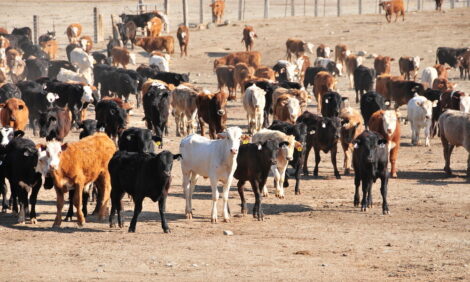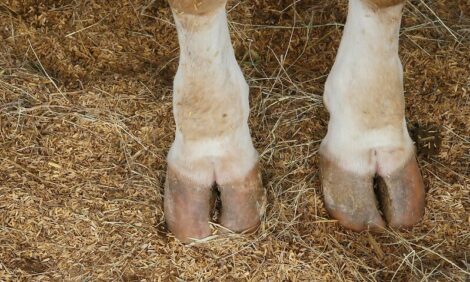



Japan lifts 20-year-old restrictions on Canadian processed beef
Japan restricted imports due to a BSE outbreak in 2003Japan has removed restrictions on Canadian processed beef imports that date back 20 years, allowing for expanded trade, Reuters reported, citing Canada's agriculture ministry on Monday.
Japan, like many other nations, restricted imports of Canadian beef after the 2003 discovery in the province of Alberta of a case of bovine spongiform encephalopathy (BSE) disease.
Importing countries have gradually eliminated the restrictions, and Japan's latest step lifts its remaining restrictions, which affected processed Canadian beef such as patties, a government spokesperson said.
Japan, Canada's second-largest beef and veal export market as of January, according to Statistics Canada data, lifted the restrictions on March 22, the spokesperson said.
Japan bought C$518 million ($379.29 million) worth of Canadian beef and beef products last year.
Japan's lifting of restrictions comes as it is scheduled to reduce tariffs on beef imports starting April 1 under the Comprehensive and Progressive Agreement for Trans-Pacific Partnership, a trade pact of which Canada is a member.
BSE is a progressive, fatal neurological disease believed to be spread when cattle eat protein rendered from the brains and spines of infected cattle or sheep. Canada, the world's eighth-largest beef exporter, banned that practice in 1997.
($1 = 1.3657 Canadian dollars)



